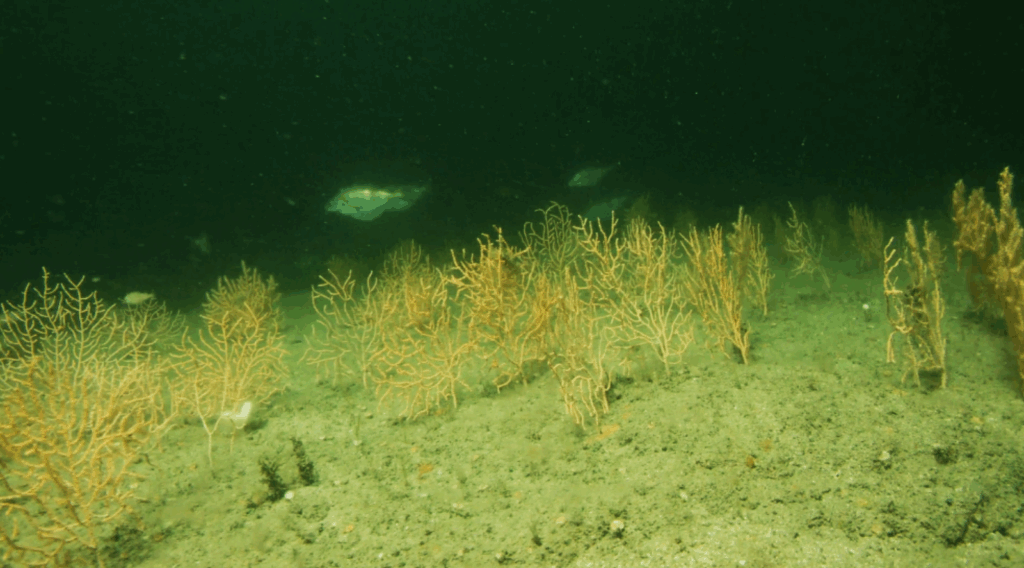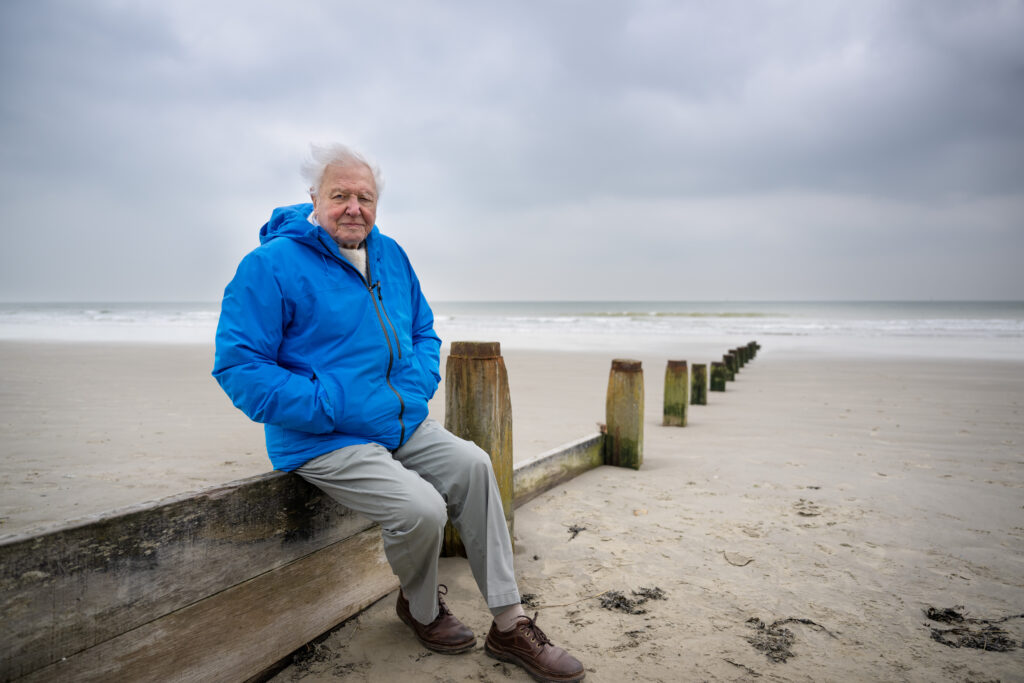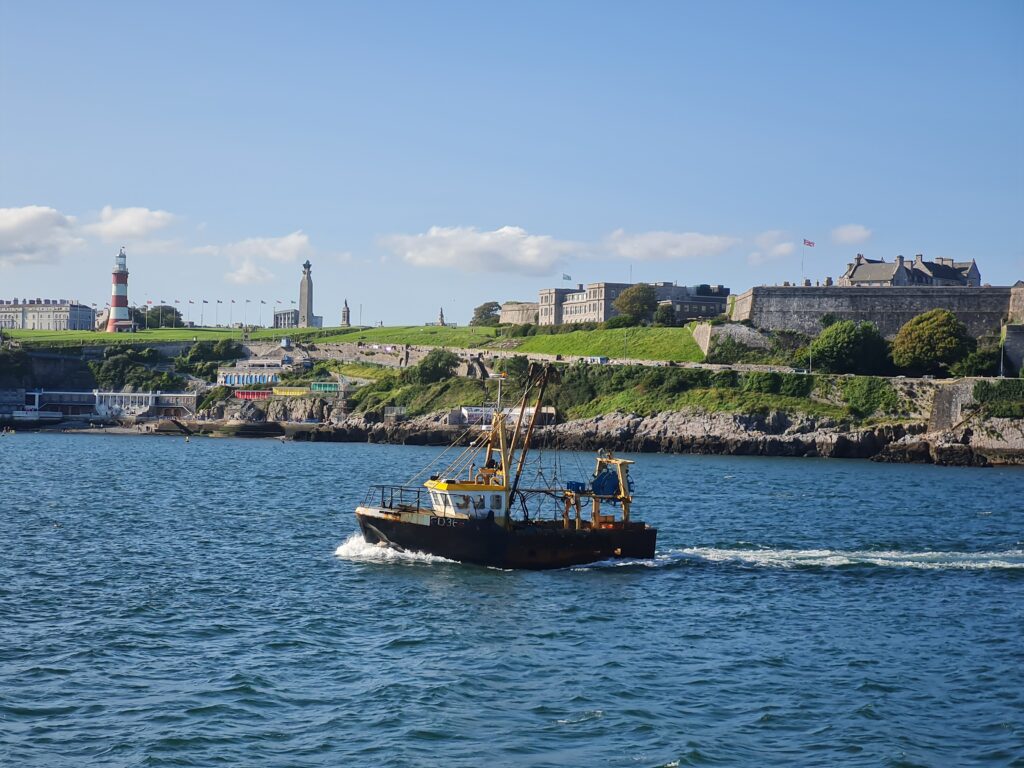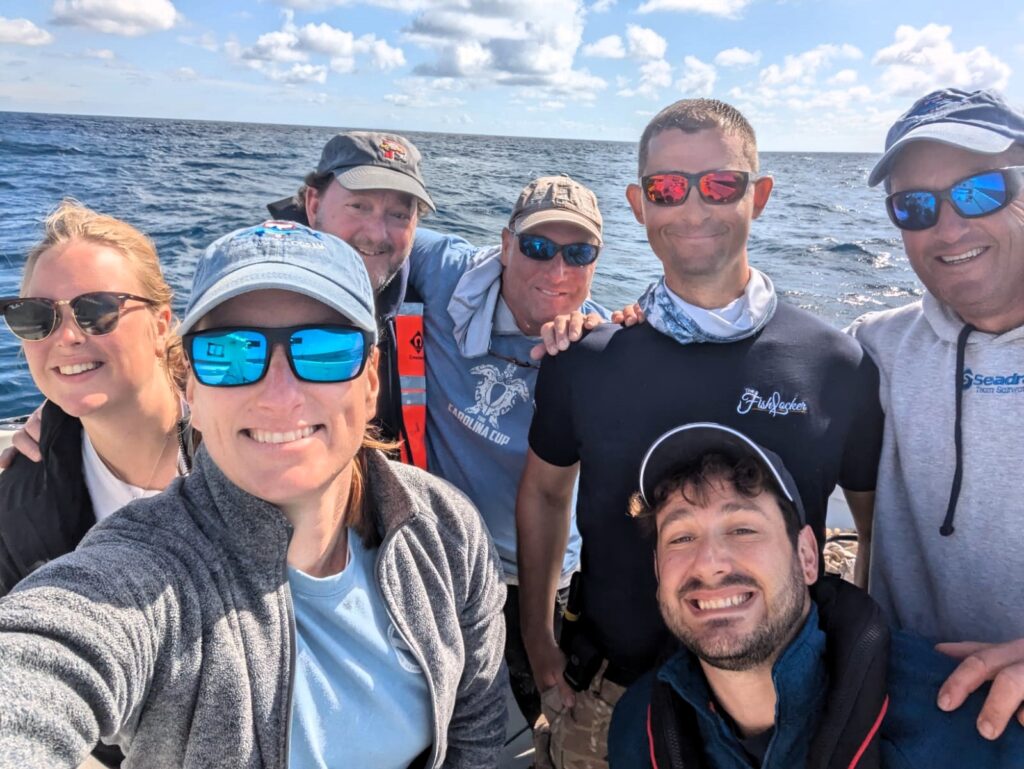Fisheries and
Conservation
Research Lead – Dr Bryce Stewart
Fisheries provide crucial protein and nutrition to billions of people around the world, and this demand continues to grow. However, more than a third of fish populations are now overfished, and certain fishing methods have high bycatch and can cause long-lasting damage to marine habitats. Our research therefore seeks to balance the needs of fisheries with the need for marine conservation.
Our work ranges from pure biological studies such as on the age and growth of fish, to assessing the effects of marine protected areas on marine ecosystems, to developing and providing fisheries management advice to decision makers.
We have a long history of working with stakeholders such as commercial and recreational fishers and community conservation groups. These people often have incredible knowledge about their local marine environment and are also the ones most affected by decisions about its management and conservation. Their involvement is therefore key to a more sustainable future.
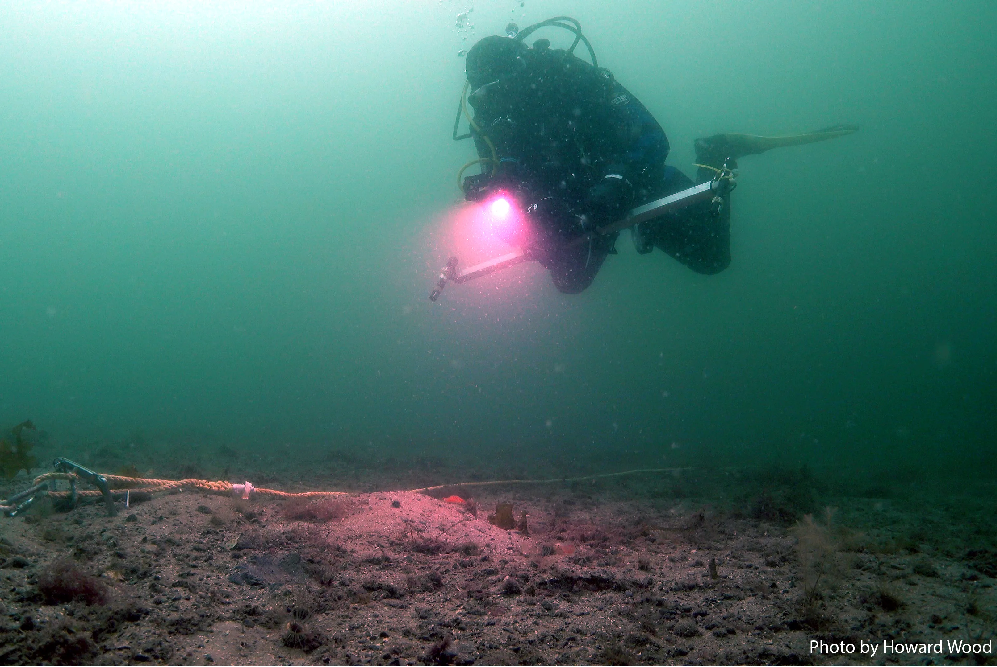
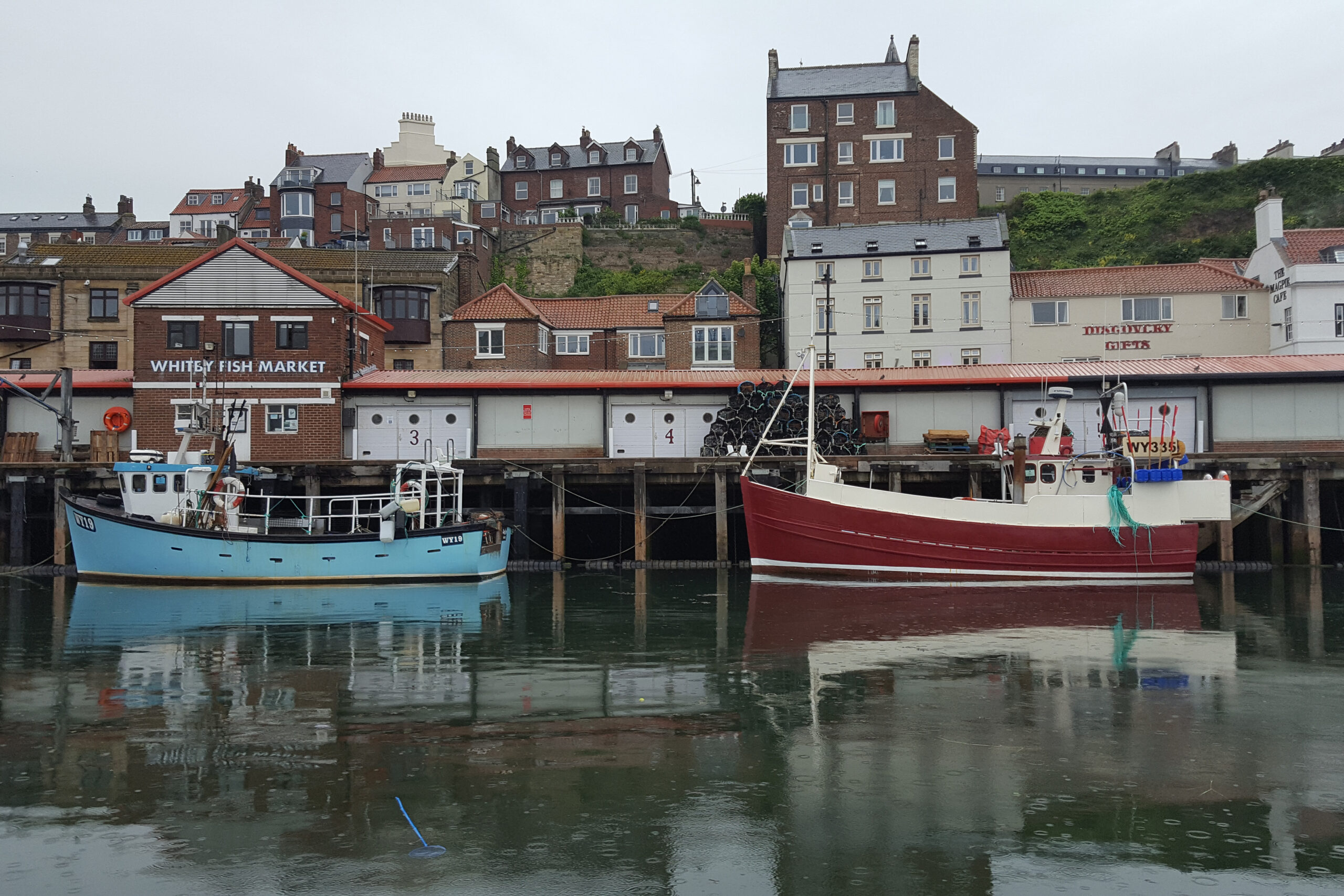
Our Research Impacts
Marine Conservation Begins at Home
The world faces a biodiversity crisis, but the community on the Isle of Arran have shown that local people can take matters into their own hands. Since 2010, we have worked with the Community of Arran Seabed Trust (COAST) to lead the monitoring of the Lamlash Bay No Take Zone and South Arran Marine Protected Area which they successfully campaigned for. Our research has shown dramatic increases in benthic biodiversity and commercially important species such a king scallops and lobsters. This community action and conservation success have gained considerable media attention and influenced government policy and other community groups around the world.
Brexit and Fisheries – Does Reality Match the Rhetoric?
Fisheries gained an incredibly high public profile during both the campaign for the UK to leave the EU, and the negotiations to agree a deal afterwards. Before the referendum, we wrote a highly influential article about what Brexit might really mean for UK fisheries. After the successful vote, we continued to research the topic and were regularly called to give evidence to the UK Parliament and to talk to the media. After the Brexit deal was agreed, we then conducted research to analyse what had been achieved for UK fisheries compared with what had been promised. There was a large gap. However, Brexit has produced a new and ambitious UK Fisheries Act and we continue to research the effects of its implementation.
Key Publications
Latest Projects
Pollack Fishing Industry Science Partnership (FISP)
Pollack is an economically and socially important species for communities along the Devon and Cornwall coast and has experienced a 72% decline in commercial landings over the last 20 years. A lack of evidence hampers fisheries management, so the Pollack FISP is collecting vital data about pollack movement, habitat choice, populations and life history. This is a 2-year project, funded by Defra. The MBA is a key partner.
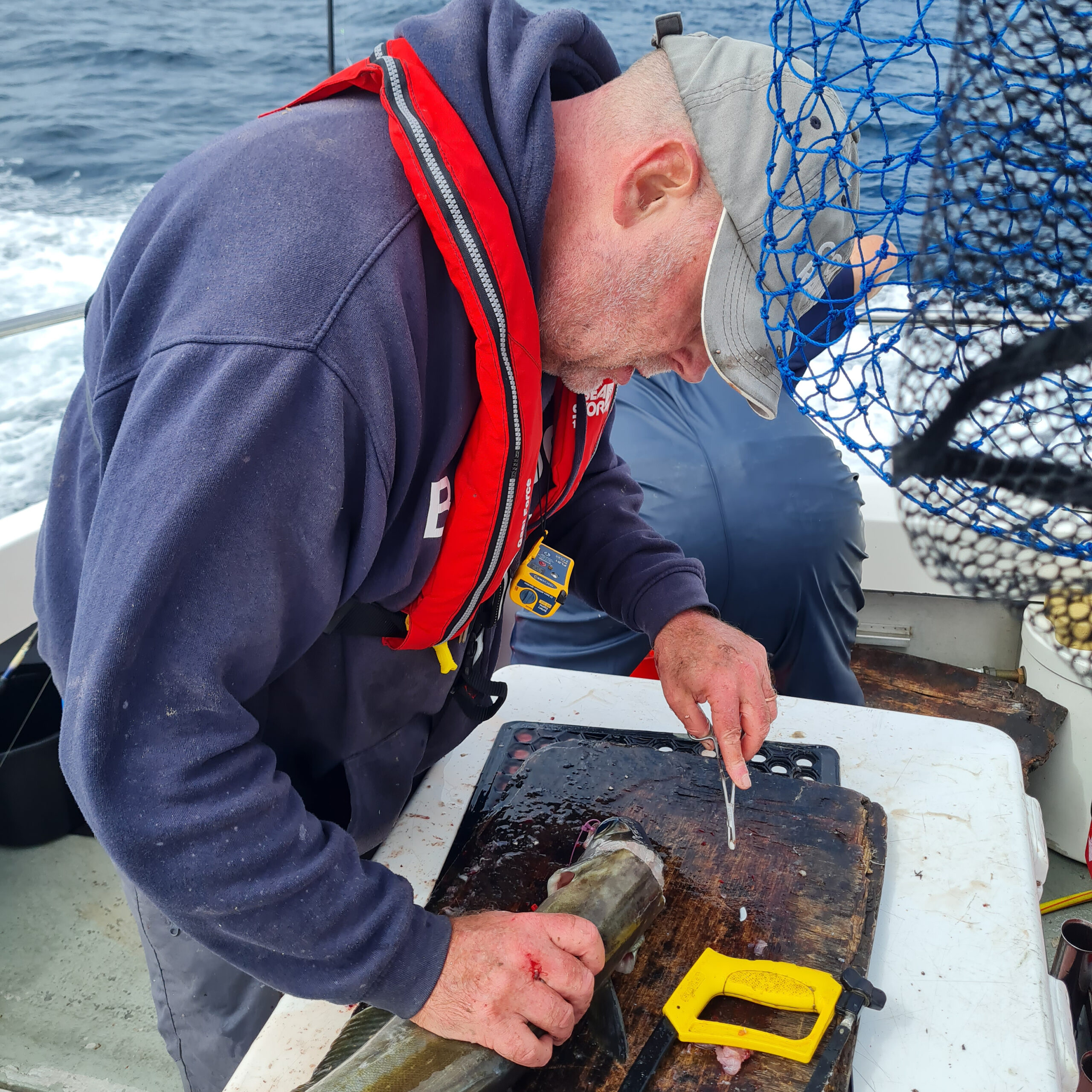
Pyramids of Life – Working with nature for a sustainable future
Our planet’s natural resources face unsustainable demands and there is evidence that current management approaches are failing to move resource use towards a sustainable future. The ‘Pyramids of Life’ approach captures and helps to communicate complex relationships between different fish species, human behaviours, and marine ecosystem functions. This is a 4-year Sustainable Management of Marine Resources project funded by UKRI.

Latest News
Our Team
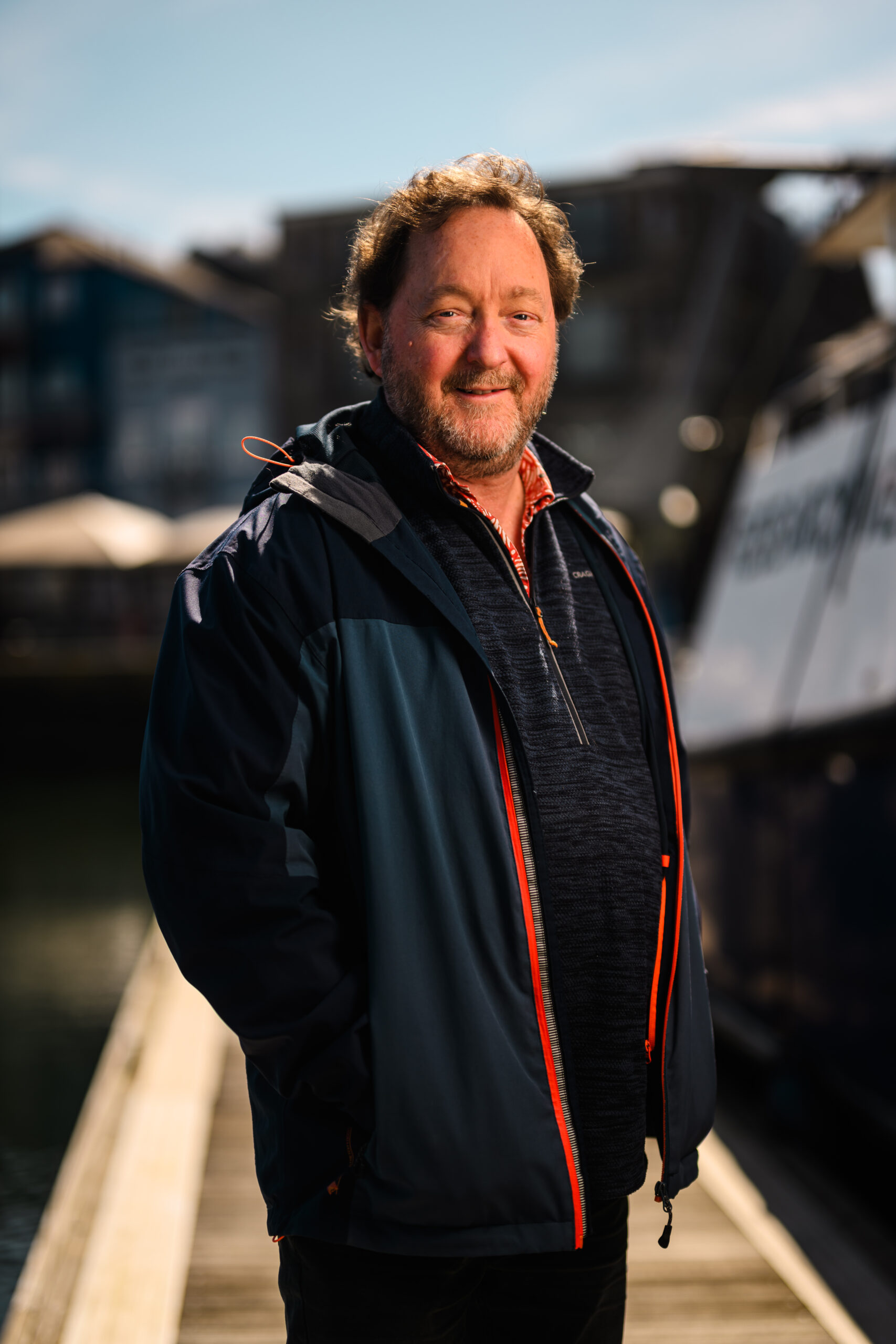
Dr Bryce Stewart BSc (Hons), PhD
Senior Research Fellow
Dr Bryce Stewart BSc (Hons), PhD
Senior Research Fellow
My upbringing in Australia and Papua New Guinea inspired a deep fascination and love of the ocean. Since then, I have developed a career as a marine ecologist and fisheries biologist whose work has ranged from temperate estuaries to tropical coral reefs and the deep-sea. I gained a BSc (Hons) in Zoology from the University of Melbourne, and a PhD in Marine Biology from James Cook University, before moving to the UK in 1999. The central driver of my research has been to gain an increased understanding of marine species and ecosystems to help balance the provision of ecosystem services (particularly fisheries) with conservation. My specialities include the provision of evidence to improve fisheries management and policy and examining the utility of Marine Protected Areas for enhancing both conservation and fisheries. I work with a broad range of stakeholders including commercial and recreational fishermen, conservationists, and the seafood industry and I am passionate about communicating the findings of my research to the broadest possible audiences. I joined the MBA from the University of York in 2024.
Research Group: Fisheries and Conservation
